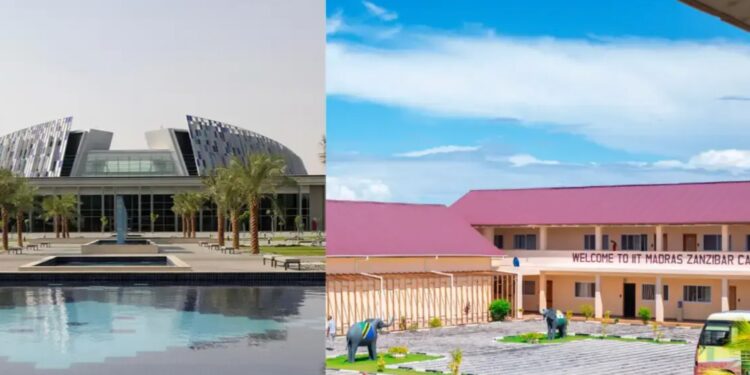In a significant step forward for global health, a collaborative research team from the United Arab Emirates University (UAEU) and the Indian Institute of Technology (IIT) Madras Zanzibar campus has developed an innovative AI-based framework to forecast malaria outbreaks. Published in the journal Scientific Reports by Nature, this pioneering model aims to enhance the precision of malaria transmission predictions, particularly in regions where the disease is endemic.
The research, led by Dr. Adithya Rajnarayanan, Dr. Manoj Kumar, and Professor Abdessamad Tridane, introduces a novel methodology that integrates artificial intelligence (AI) with traditional epidemiological models. Unlike previous models that often rely on a limited set of variables, this new framework incorporates crucial environmental factors like temperature and altitude directly into the transmission functions. This data-driven approach allows for more realistic and region-specific simulations of how malaria spreads.
At the core of the framework are advanced AI tools, including Artificial Neural Networks (ANNs), Recurrent Neural Networks (RNNs), and Physics-Informed Neural Networks (PINNs). These technologies are used to analyze the complex interplay between environmental conditions and disease dynamics, enabling the model to detect subtle patterns and improve forecasting accuracy. Additionally, the team introduced Dynamic Mode Decomposition (DMD), a mathematical technique that simplifies complex systems and provides a real-time infection risk metric for public health officials.
Professor Tridane of UAEU emphasized the power of this hybrid approach, noting, “This research demonstrates the power of AI when combined with classical epidemiological models. By embedding environmental dependencies directly into the transmission functions, our model captures the complex, real-world behavior of malaria spread, providing a more accurate and timely method for disease tracking.”
The implications of this research are especially critical for areas such as sub-Saharan Africa, which bears the heaviest burden of malaria, accounting for 94% of global cases and over half a million deaths annually. By providing a more accurate and timely tool for early detection and targeted response, this framework can help public health authorities optimize resource allocation and implement timely interventions. The study represents a notable collaboration between two institutions committed to advancing global health research, with IIT Madras’s new Zanzibar campus playing a strategic role in addressing public health challenges in the African continent.










![Online Scam Cases Continue to Rise Despite Crackdowns on Foreign Fraud Networks [Myanmar] Online Scam Cases Continue to Rise Despite Crackdowns on Foreign Fraud Networks [Myanmar]](https://sumtrix.com/wp-content/uploads/2025/06/30-12-120x86.jpg)




